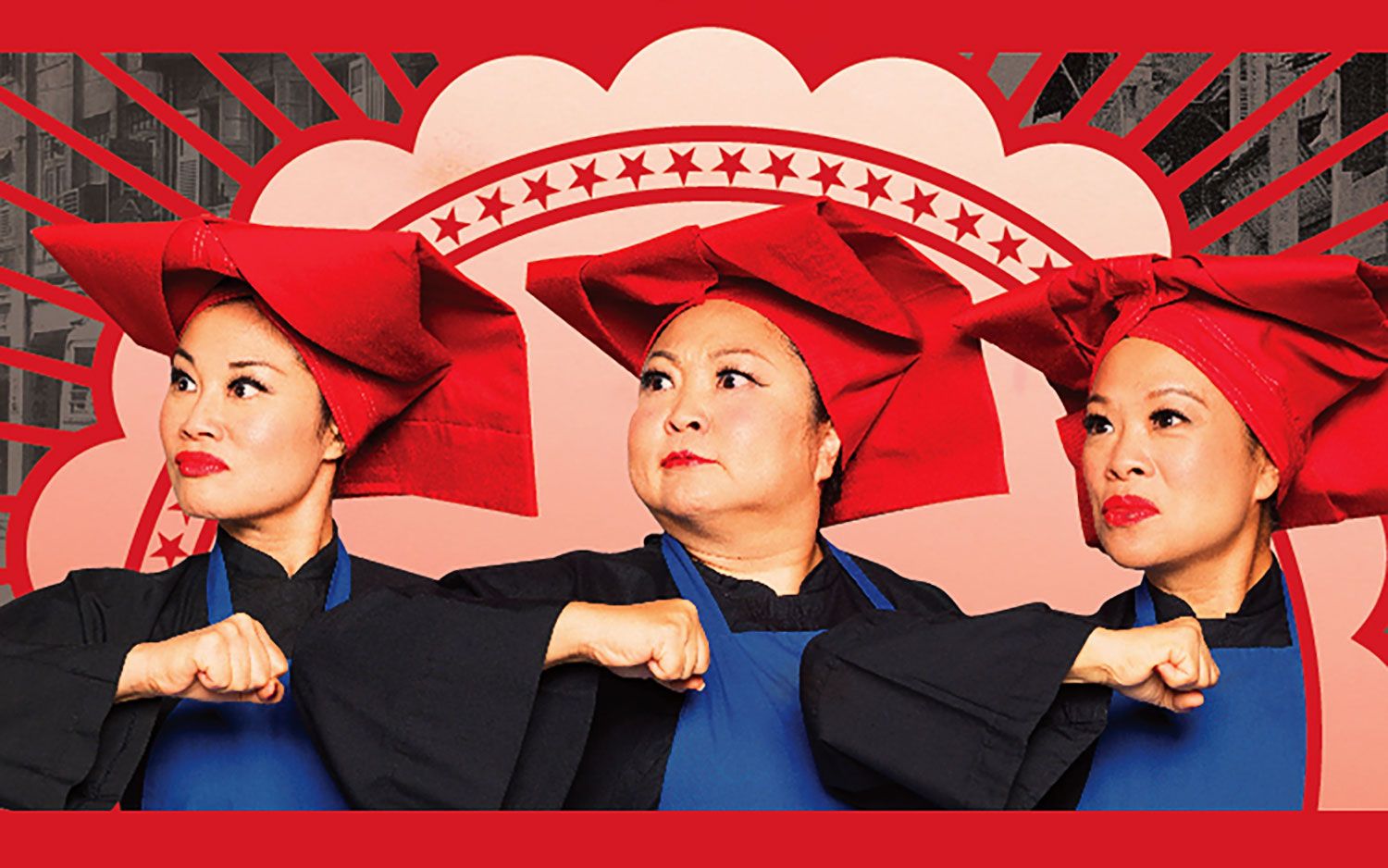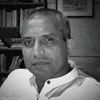A Lite History of Singapore
She wanted lions, and the realtors said: "Lions also can see, la." Utama rejoiced, settled down with Siti on the island, and gave Temasek a new name.

Alexander couldn't see how the island could make him greater; Ceasar came, but didn't see much to conquer; Genghis Khan found the place a mere piece of a pickle; Columbus peeked and said he'd rather go to America. No one great wanted Temasek, or Singapore as the equatorial speck came to be called. The Dim Sum Dollies danced and told how dismally history began for their nation: "A history not from the books, but as we know it." It was all about having fun, so faking was fine for the evening.
The play was a set of skits artfully stitched together, and the music was superbly scored. They played Very Dirty Pirates in which the pirate chiefs awarded themselves double salaries because the pirate sector had to have skills as good as the private sector. The audience roared at the open jab at Mentor Minister Lee Kuan Yew. They laughed just as loud when the story of the birth of the Sarong Party Girl was revealed. And then they heard that their nation was born on a lie: Song Nila Utama, a Sumatran prince, was forced to make the voyage to Temasek by his mother. She wanted him to go shoot some deer, or discover an island-city, or do domething, so he went with his consort Siti. When they arrived in Temasek, the realtors were waiting. Siti wasn't satisfied with just mountains and trees, or even tigers. She wanted lions, and the realtors said: "Lions also can see, la." Utama rejoiced, settled down with Siti on the island, and gave Temasek a new name: Singapura, the Lion City. At everything, people laughed, and I thought this is a fine democracy whose people can laugh at themselves. But the play was timed for the season of the National Day celebrations, and they brought in some foils to balance things.
So Gandhi came on stage, walking to Dandi, and Mao arrived as well, coming from Dandi, and Mao confronted Gandhiji. Gandhiji preached non-violence, Mao preached the opposite. Exasperated that the debate with Gandhiji was going nowhere, and wanting action, Mao suggested that India and China should rule the world as superpowers: "Indians are good talkers, so you take all the call centres," he told Gandhi. "We'll take all manufacturing." Saying so, Mao ran to get a grip on manufacturing. Gandhi ran so he'd not have to wear the things Mao made.
I felt a stirring in me—a sulk rising! I'd been admiring the Singaporean sense of humour, hidden to me until now. But the poke at Gandhi was hard to take for a man of my generation. Many minutes later, after they'd made more fun of themselves, after the skit on Singaporean integrated facilities that integrated all sin under one roof, when they began a number that picked at Lee Kuan Yes all over again, that punned on Lee, that played on rhyming with Lee, I brightened.
So in the finale when they sang for their nation, I joined in. I waved a small plastic flag of Singapore, which had been kept on every seat for the purpose.
